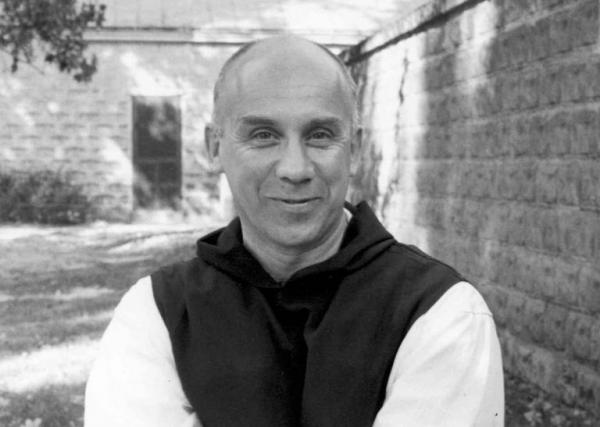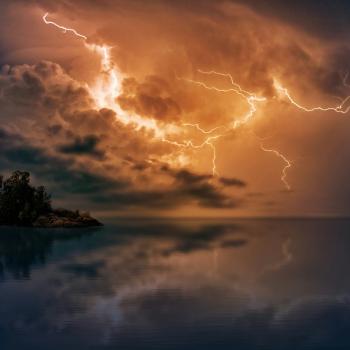
Thomas Merton is perhaps the most influential Catholic author of our time, writing over 60 books including a best-selling autobiography, The Seven Storey Mountain. Yet, his spiritual path was a crooked one.
A graduate of Columbia University, Merton spent much of his early post-collegiate life partying in New York City. While he liked to spend his evenings drinking beer and hanging out at jazz clubs, a spiritual side began to emerge as well. He began reading religious texts, attending church, and after one late night out carousing with friends, he made the surprise announcement he was going to become a priest.
Merton’s path was not that of an ordinary parish priest; he decided to became a monk at the Abbey of Gethsemani, a Trappist monastery in the backwoods of Kentucky. He had just published his first book, but instead of this being the end of his writing career, Merton was encouraged by the monastery’s abbot to continue writing, which he did prolifically.
Several years into his life as a monk, Merton tired of the communal life and, perhaps due to his celebrity, was allowed to spend part of his days in solitude in a wooded area on the monastery’s grounds. He converted a garden shed, the size of a studio apartment, into his living quarters, and this space eventually became his home.
One might think that a man like Merton had his sh*t together, that as the years passed his belief in God and his conviction that he was on the right path would only strengthen. Yet in 1955, while spending time in seclusion at the Abbey, Merton wrote a prayer (later published in the book Thoughts in Solitude), that conveyed the thoughts of a man humble enough to know that he knew nothing for certain.
My Lord God,
I have no idea where I am going.
I do not see the road ahead of me.
I cannot know for certain where it will end.
Nor do I really know myself, and the fact that I think I am following your will does not mean that I am actually doing so.
But I believe that the desire to please you does in fact please you.
And I hope that desire in all that I am doing.
I hope I will never do anything apart from that desire.
And I know that if I do this you will lead me by the right road, though I may know nothing about it.
Therefore I will trust you always though I may seem to be lost and in the shadow of death.
I will not fear, for you are ever with me, and you will never leave me to face my perils alone.
It’s the same kind of humility we might try to bring to our own lives, instead of allowing our ever-striving ego or societal norms inform us that our personal path is the right one. As the famed businessman and philosopher Sir John Templeton once wrote: Our outlook is tremendously broadened when we approach life from an awareness of how little we yet know.
Templeton believed that we often unwisely tried to solve problems through our own human efforts, without seeking spiritual guidance. He wrote that it took “heroic humility to be yourself and to be nobody but the man, or the artist, that God intended you to be.”
Sir John also reminds us that we shouldn’t equate the humility of relying on a higher power to being passive or withdrawing from the world. It is a thought echoed by David Brooks in his book The Road to Character:
As people become more dependent on God, their capacity for ambition and action increases. Dependency doesn’t heed passivity, it breeds energy and accomplishment.
Might Merton’s prayer of humility work in our own lives? Might we be better served by asking for life guidance from a Divine source? Might this also be a better way to evaluate whether our current course is the right one? I can’t say for sure, but will leave you with thoughts of John Templeton:
Prayer helps bring us in tune with the infinite. There is a real mystical power in prayer and it works. Through our times of prayer and conscious attachment with spiritual energy, we are increasing our own spiritual light.













